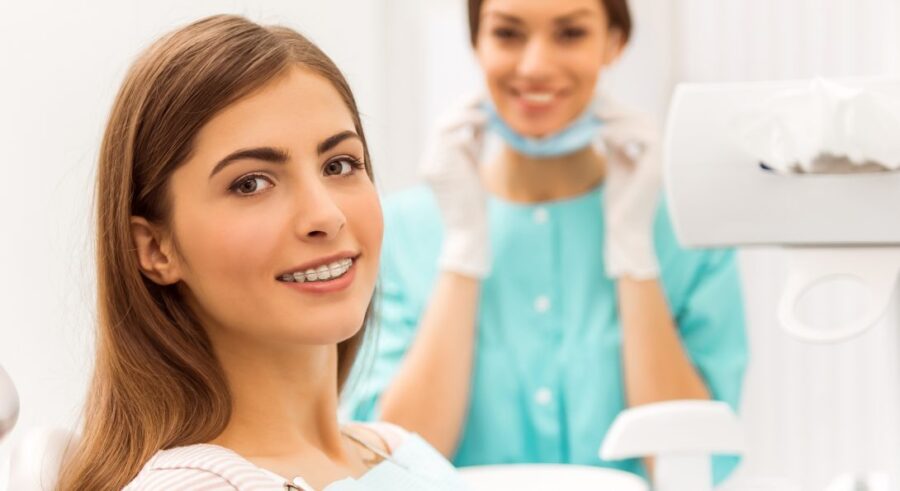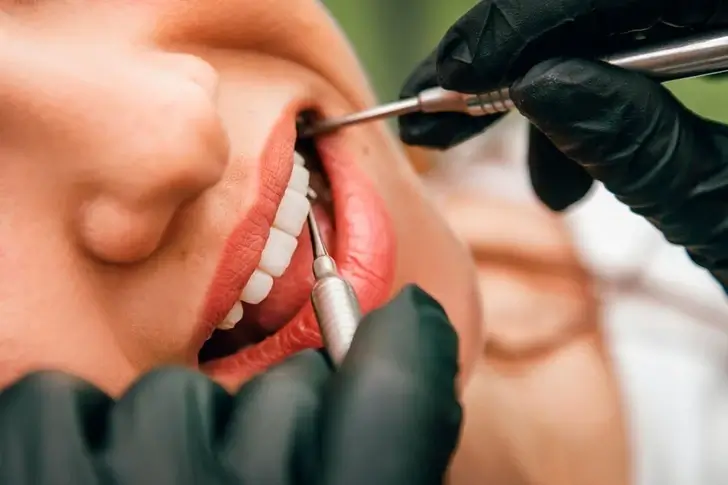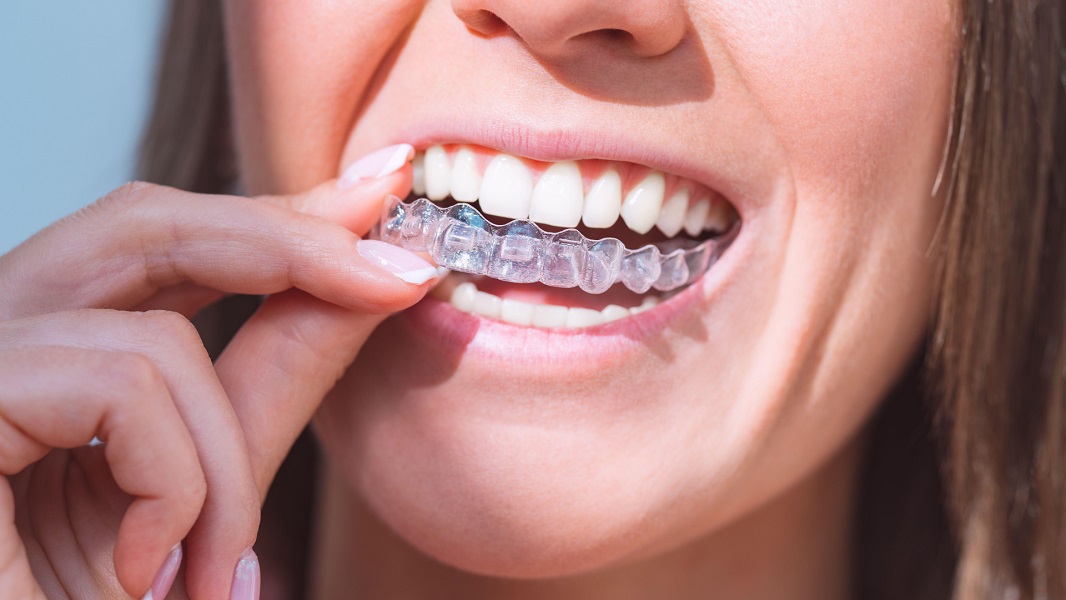A beautiful smile is the result of proper daily care of your teeth and oral cavity. Prevention of caries, periodontal disease and other diseases begins with brushing your teeth. Babies brush their teeth and gums with gauze or a cotton swab, older children pick up a special toothbrush and baby paste.
Adults use several methods of brushing their teeth:
- vertical cleaning of the outer and inner surfaces of the teeth and circular massage of the gums;
- the teeth of the upper and lower jaws are cleaned in a circular motion;
- with sensitive gums, cleaning is carried out in the direction from the gum to the cutting surface of the tooth.
The duration of brushing your teeth is usually 2-3 minutes. After each meal, it is recommended to rinse the mouth with plain water or a special rinse.
EFFECTIVE DAILY DENTAL CARE: ADVICE FROM DENTISTS
How to choose toothpaste?
Toothpaste is a hygiene product that provides prevention of diseases of the teeth and gums.

There are the following types of toothpastes:
- Marked “white” – whitening. Contains abrasive elements that clean tooth enamel from dark plaque. Recommended for smokers and coffee lovers.
- “Sensitive” is designed for sensitive teeth that react painfully to hot and cold food. Calcium and fluorine, which are part of such a paste, contribute to the prevention of caries.
- “Aktiv” – for bleeding gums. Its use has a strengthening and anti-inflammatory effect, is a good prevention of diseases of the teeth and gums.
- “Nerbal” or “fito” on toothpaste means that it contains herbal extracts.
- Children’s toothpaste does not contain dyes, bleaches and abrasive components. It strictly adheres to the concentration of additives, including the amount of sodium fluoride.
Toothpaste or powder: which is better?
Both of these hygiene products do an excellent job with their main purpose – cleaning teeth, but toothpaste also performs healing functions. At the same time, mechanical cleaning with tooth powder is sometimes more effective in removing dark plaque and strengthening the gums.
Are there any benefits to chewing gum?
If chewing gum does not contain sugar, it can serve as a temporary replacement for traditional brushing. Chewing gum should be no more than ten minutes to avoid the development of diseases of the gastrointestinal tract.
How often should you floss?

Floss, or dental floss, is used to clean the space between teeth from food debris and plaque. Use it as needed, most often after eating hard food.
How often should you visit the dentist?
- For preventive purposes, you need to visit the dentist at least twice a year.
- With periodontal disease , it is necessary to visit the dentist at intervals of once every two to three months.
- If there is a toothache (for no apparent reason, from eating cold or hot food), bleeding gums, bad breath, if the tooth has changed its color or has been injured, you should contact your dentist immediately.
In our clinic, you can use the service of professional teeth cleaning in Dnipro to achieve even more sparkling results. Contact us!





